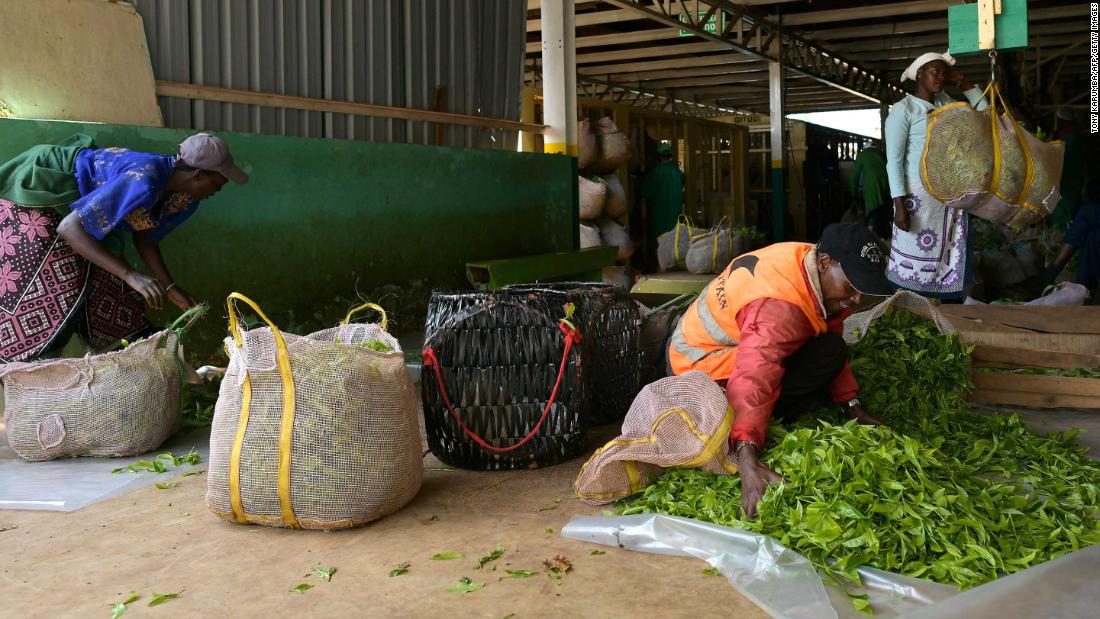But few companies It owns the global company Unilever. The consumer goods giant sells more than 400 brands in 190 countries and uses its products by 2.5 billion people.
Unilever said the living wage should allow workers to break the cycle of poverty. She added, „It allows individuals to afford an adequate standard of living, which covers the basic needs of the family: food, water, housing, education, health care, transportation and clothing; and includes provision for unexpected events.“
Priority will be given to countries in Africa, South America, and other countries that supply Unilever commodities, such as India, Malaysia, and Indonesia.
“It is important that this be done with complete transparency [and] They told CNN Business that the livelihood and wage targets that they have set in different parts of the world are set independently … and Unilever is not in any way setting itself or influencing.
Unilever currently requires its suppliers to pay the statutory minimum wage. Ingram said it will work with NGOs, suppliers, other companies and governments to try to set living wages for the countries in which it operates.
“The essence of what we’re trying to do is to make a systemic change [and] Broad enough that sectors and governments are ideal for living wages as a normal norm, „Ingram said.
Cost of living wage
Asked whether Unilever’s margins would be shrinking due to its commitment to a living wage, Ingram said there would be a cost to the company and its suppliers but would be „absorbed into the value chain“, and in some cases covered by helping suppliers be more productive.
For example, developing sustainable farming systems in poor countries can increase crop yields and increase farmers‘ incomes. „We are not sure exactly what this gap and cost will be, but what we are sure is that the consumer will not pay more in the end.“
But the International Fair Trade Organization said the price should be „an integral part of any commitment to live wages“ to avoid negative impacts on producers and their workforce. „There is a correlation, for example, between very low wages on tea plantations and consumer prices,“ said Wilbert Flinterman, senior adviser on labor rights and union relations for CNN Business.
“Fully bridging the living wage gap will depend on commitment and cooperation between different actors across the supply chain – from producers to dealers and retailers,” he said.

„Organizátor. Spisovateľ. Zlý kávičkár. Evanjelista všeobecného jedla. Celoživotný fanúšik piva. Podnikateľ.“





